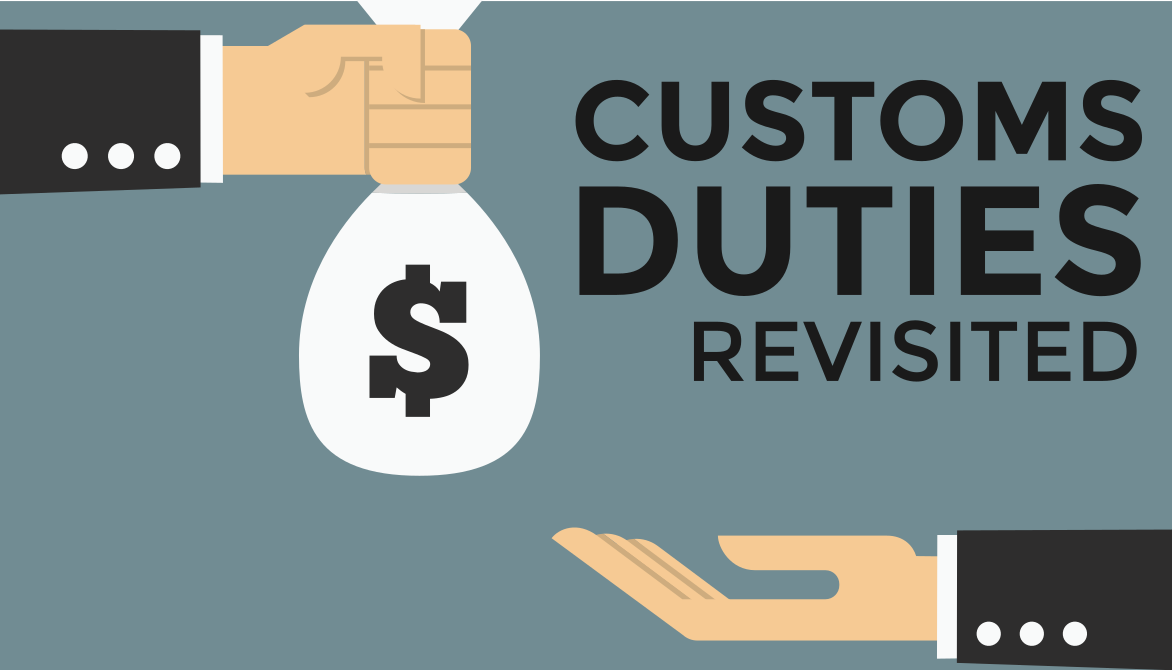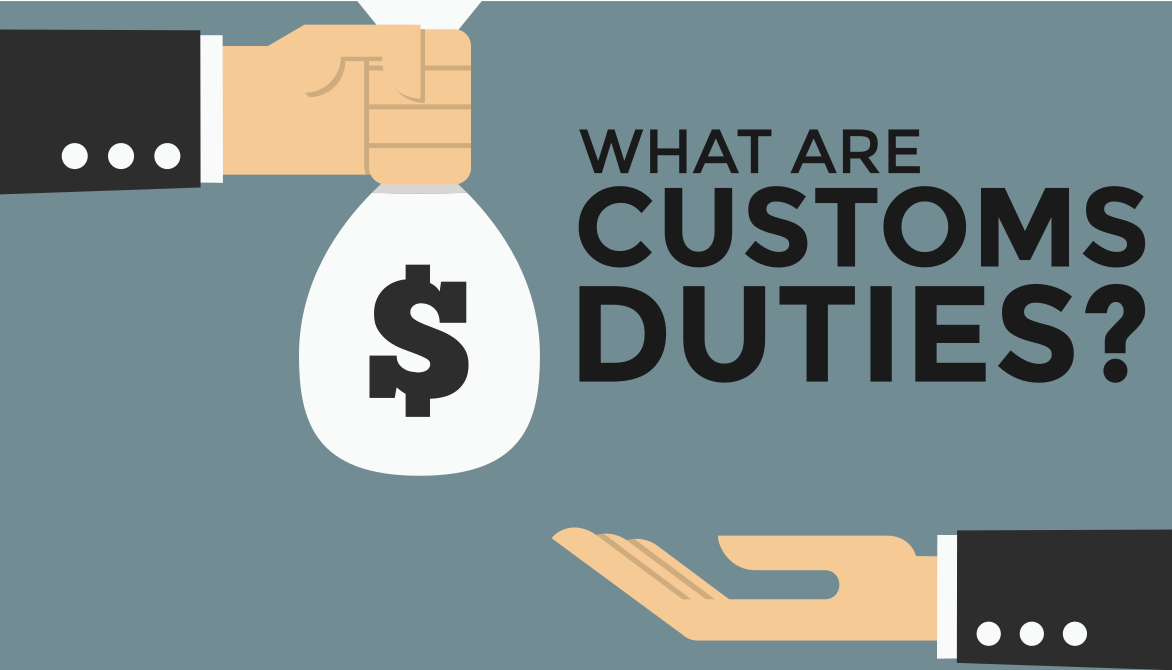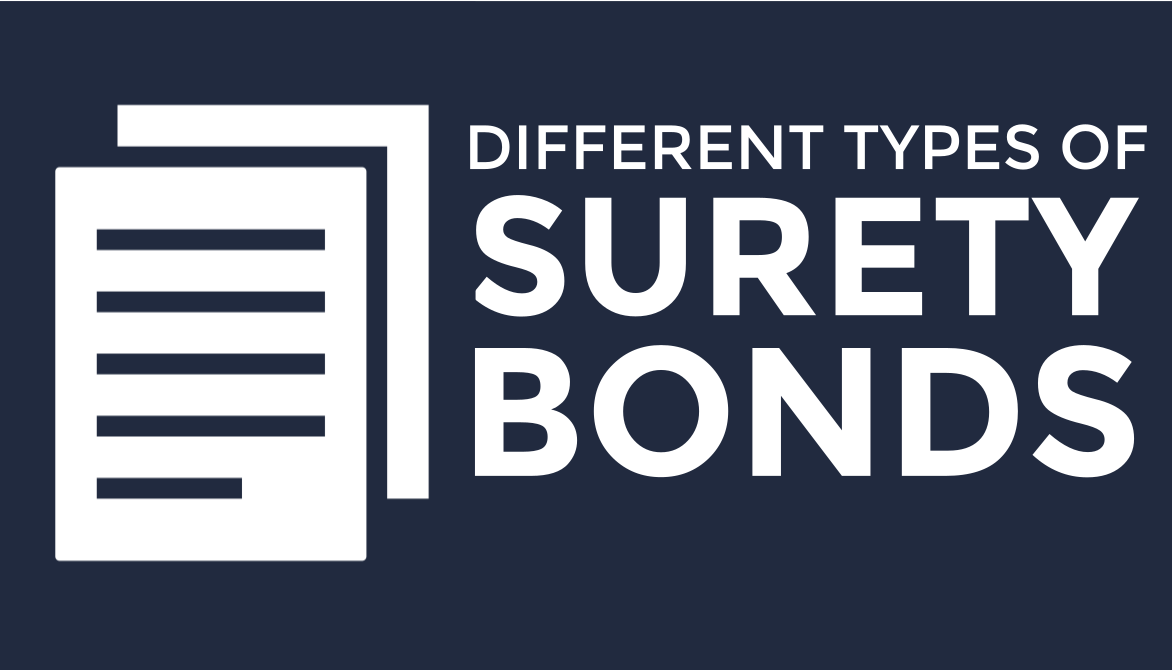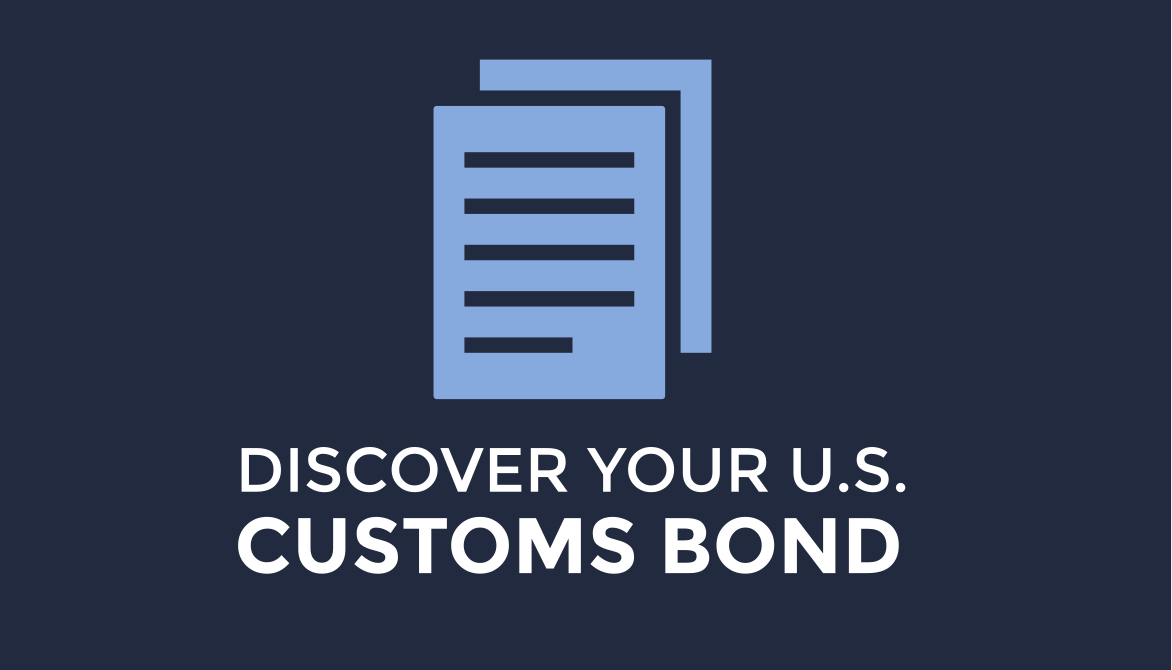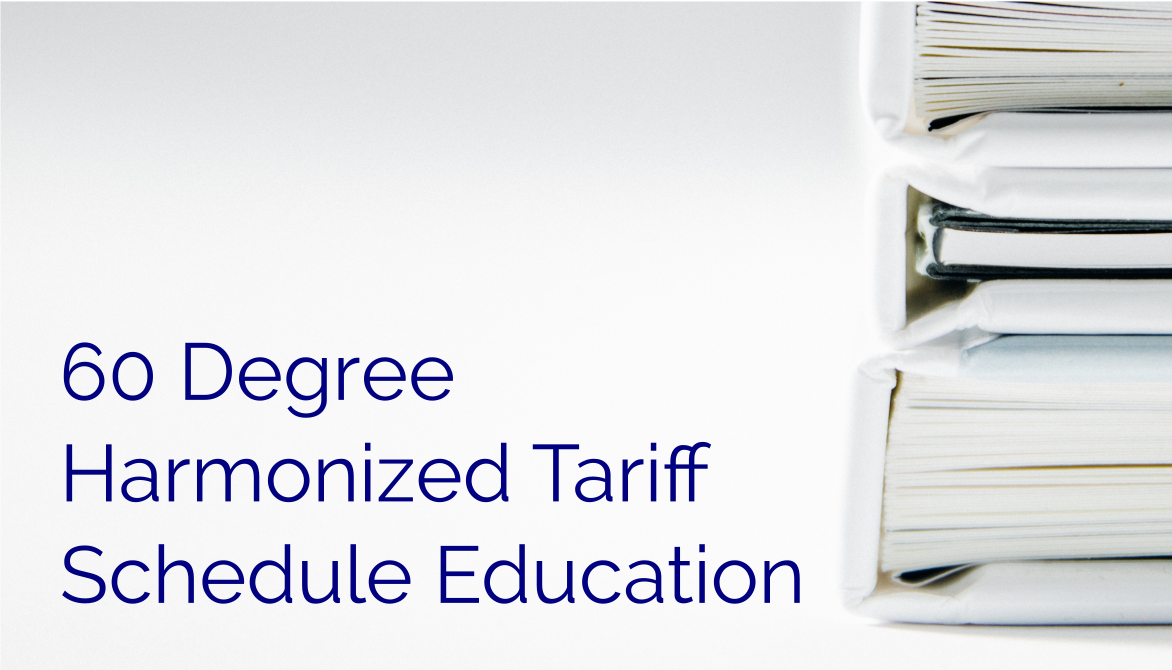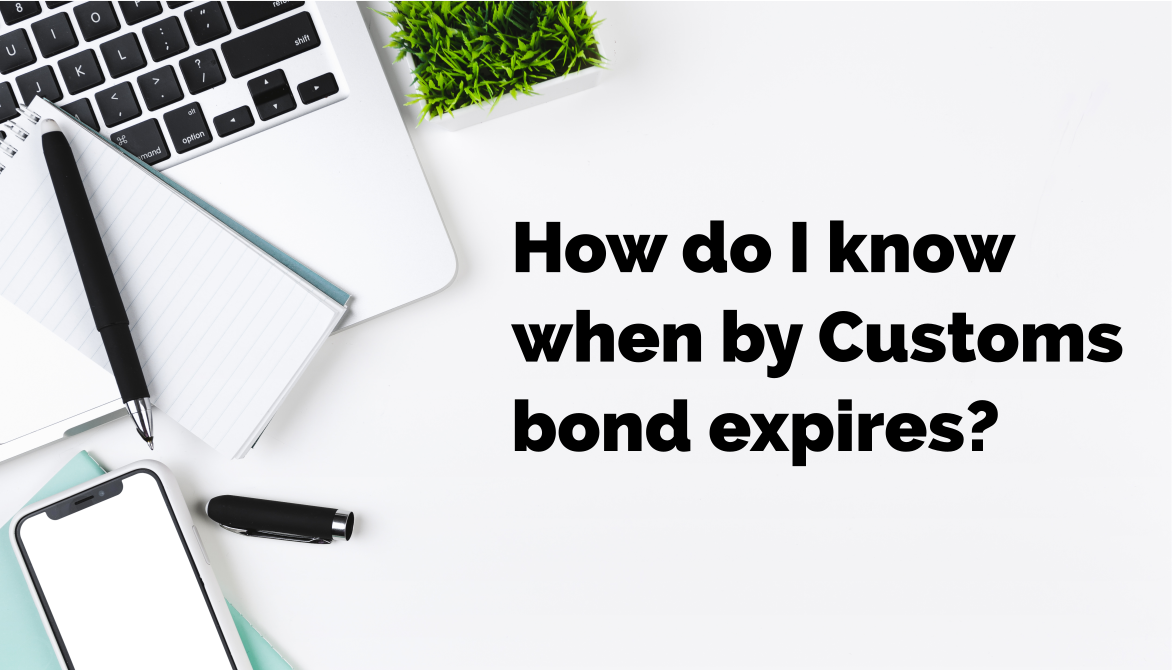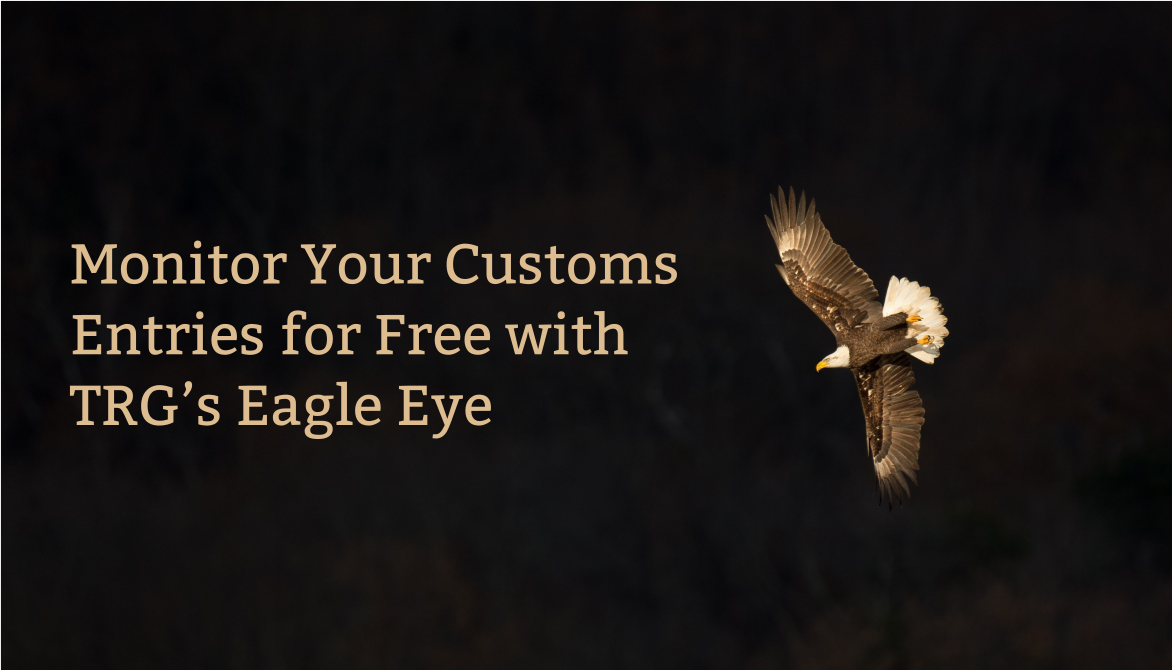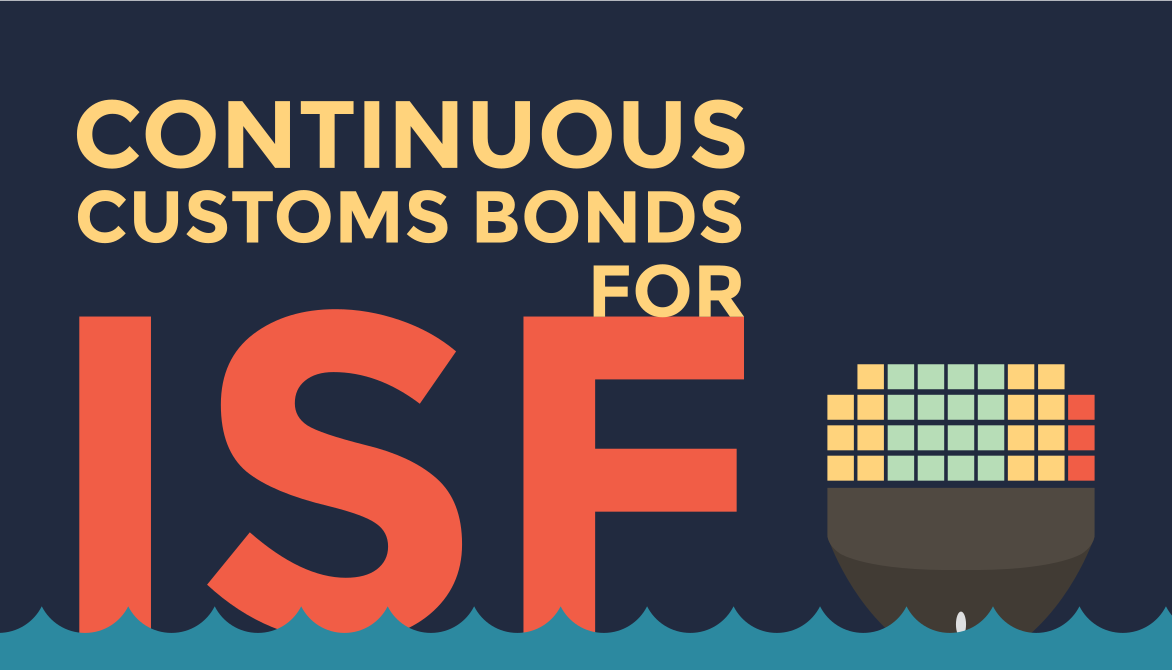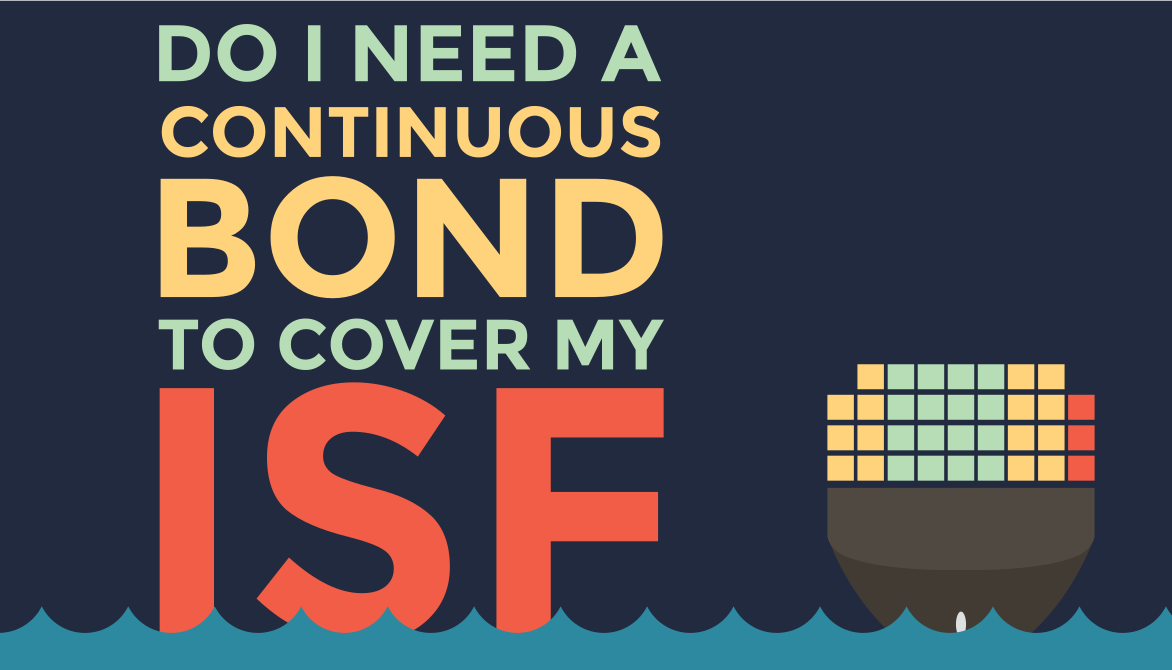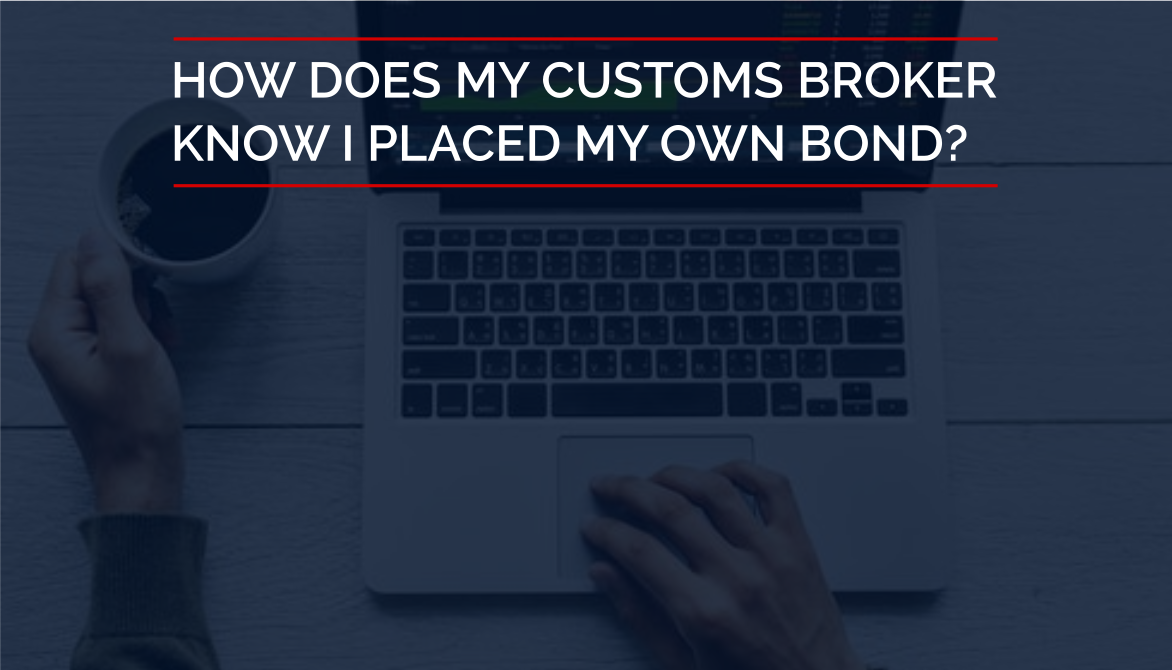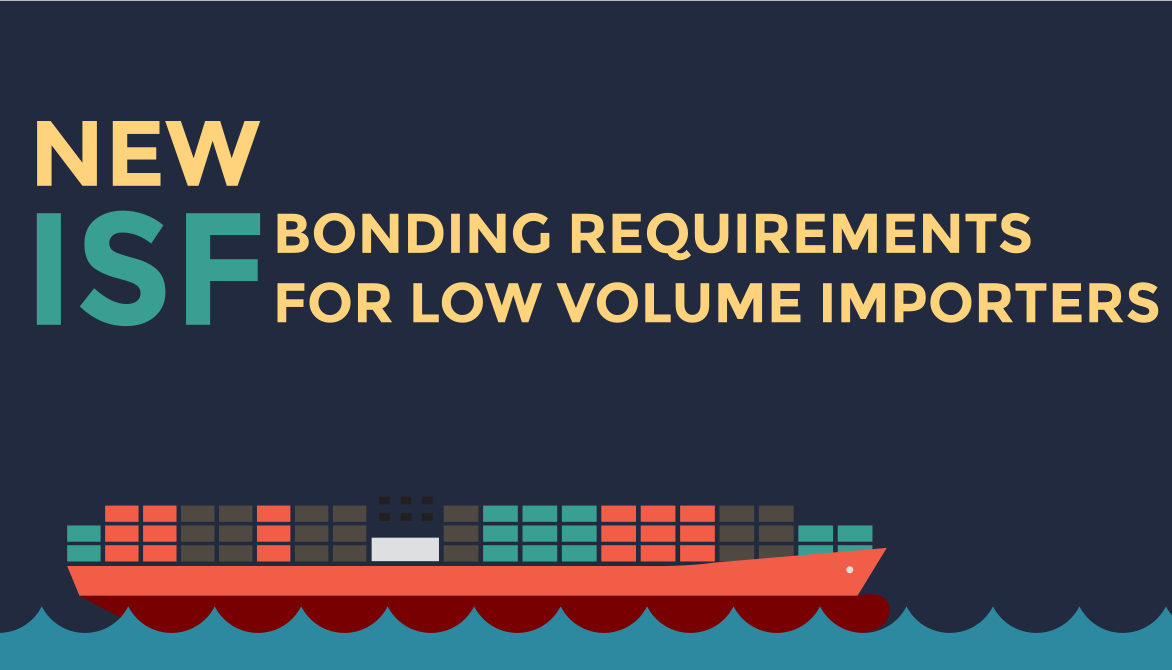In this post, TRG covers the subject of common Customs Duties; how they operate, and how they're administered. In a previous article, Customs Duties Deconstructed, we covered some of the less...
U.S. Customs Bonds
Looking for something specific?
Search our entire database to find the answers you seek. If you can't find an existing post, reach out and let us know!
Follow Us!
Customs Duties Deconstructed
What are Customs duties? There are many different duties U.S. Customs and Border Protection may require an importer to pay. Some are related to the origins of the goods in question, and some to the...
Surety Bond Types
Many of these bonds are government requirements, and some are optional risk management tools. We’re will describe a few of the most common types of surety bonds, and how they operate in a real-world...
Discover your U.S. Customs Bond
Today, we will be discussing methods of procuring information regarding your company’s U.S. Customs bond, and why this information is important. Knowing the details of your bond is an important step...
60 Degree Harmonized Tariff Schedule Education
The following are a few things every importer should know about the harmonized tariff schedule. A Collective Effort of the Harmonized Tariff Schedule The Harmonized Tariff System is global...
How do I know when by Customs bond expires?
A continuous Customs bond remains on file until the surety or broker puts in a termination notice with U.S. Customs. Did you know you can access your bond information, liquidated damages, supplemental duties at any time using Eagle Eye?
What if I purchase the continuous bond with a multiple year option and your company goes out of business?
What happens if a surety goes out of business? Specifically for Customs bond holders?
Monitor Your Customs Entries for Free with TRG’s Eagle Eye
Have you ever wasted time and resources trying to answer one of these important questions?
Do I owe any duties to Customs?
Which entries have not liquidated?
How much duty did I pay last year?
Which of my entries are suspended?
TRG Provides Continuous Customs Bonds for Importer Security Filing
TRG’s Customs bond division has opted to continue to only provide the amended Continuous bonds for Importer Security Filing. Customs and Border Protection allows for ISFs to be secured by single entry or continuous bonds.
Is a Continuous Bond Needed to Cover My ISF?
Purchasing a continuous Customs bond that has been amended to cover ISF is going to be your most economical option. If you will be importing at least two times during the course of 12 months you should apply for this bond no later than 2 weeks prior to you first shipment leaving the foreign port.
How Does My Customs Broker Know I Placed My Own Bond?
How will my broker, or all my brokers, know that I have a new bond?
At your request, TRG will notify your broker(s) of your new continuous bond information including Bond Number, Effective Date, Surety Code, and Importer Number.
New ISF Bonding Requirements for Low Volume Importers
Save the date! TRG is hosting a free webinar to discuss the new bonding requirements for Importer Security Filing.

